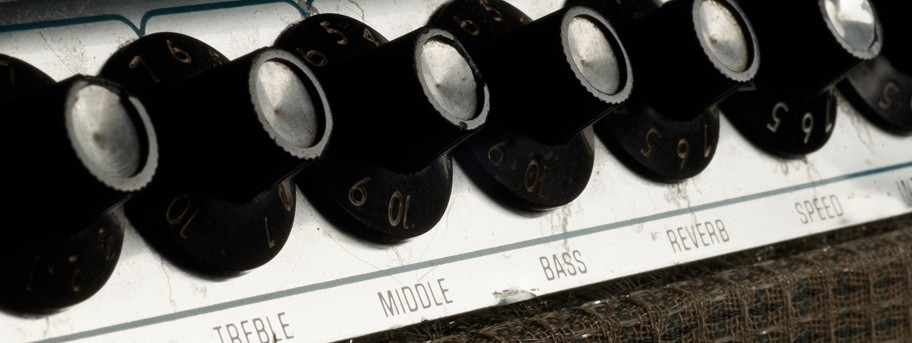The University of Nottingham
 Exchange online
Exchange online
Research Exchange
Does loud music wreck your hearing?

Loud music damages your hearing — a warning that we’re used to taking as fact. But surprisingly, little research has actually been done into how sustained exposure to loud music affects our hearing in the long term, and the results we do have are far from conclusive.
A new research project taking place at the National Institute for Health Research (NIHR) National Biomedical Research Unit in Hearing, based at The University of Nottingham, is the first to explicitly examine the effect of long-term exposure to loud music. Researchers are looking to recruit 2,000 volunteers from an ‘older generation of music listeners’ in a large-scale study that is the first of its kind in the world.
Volunteers carry out the 20-minute test online via the unit’s internet research portal. An anonymous questionnaire first collects data on hearing status, other factors that may have caused hearing damage and — most importantly — a life-long history of music exposure in different environments; including gigs, pubs, clubs and using personal music players.
The volunteers then take a hearing test on their home computer, which measures the ability to hear a set of numbers against a background noise. Used together, the two sets of information allow the team to investigate the true long-term risk of music-induced hearing loss.
Researchers are particularly looking to attract those who work in quiet environments, to rule out some alternative factors in hearing loss. They are looking for the support of large companies to promote the study to their staff. Volunteers should be aged between 30 and 65 — old enough to have been exposed to more loud music than the average teenager, but young enough to be unaffected by age-related hearing loss.
PhD student Robert Mackinnon is carrying out the study. “While we are frequently cautioned about the risks of loud music in popular culture and mainstream media, at present the threat remains exactly that — a risk. There simply isn’t enough scientific evidence at present to convincingly confirm or dismiss the danger of music-induced hearing loss.
“The only way we can assess the risk is to specifically gather evidence from an older generation of music listeners who have not just had a few exposures to loud music, but have potentially spent a lifetime exposing themselves to it.
“The results of this study will not just be used to help answer the question of if music exposure is damaging, but how much it is damaging. This will allow us to begin to better define safe listening limits — prevention is better than cure.”
For more information on the study, or on promoting the research to your staff, contact Robert Mackinnon at the NIHR Biomedical Research Unit in Hearing by email at msxrm1@nottingham.ac.uk or by calling 0115 823 2600. You can read our blog on the study here.
Tags: clubs, gigs, headphones, loud music, National Institute for Health Research (NIHR) National Biomedical Research Unit in Hearing, pubs, volunteers
Leave a Reply
Other

Top prize for quantum physicist
A University of Nottingham physicist has won a prestigious medal from the Institute of Physics for […]

Zero carbon HOUSE designed and built by students comes home
Design and construct a low cost, zero carbon, family starter home, transport it to Spain, build […]